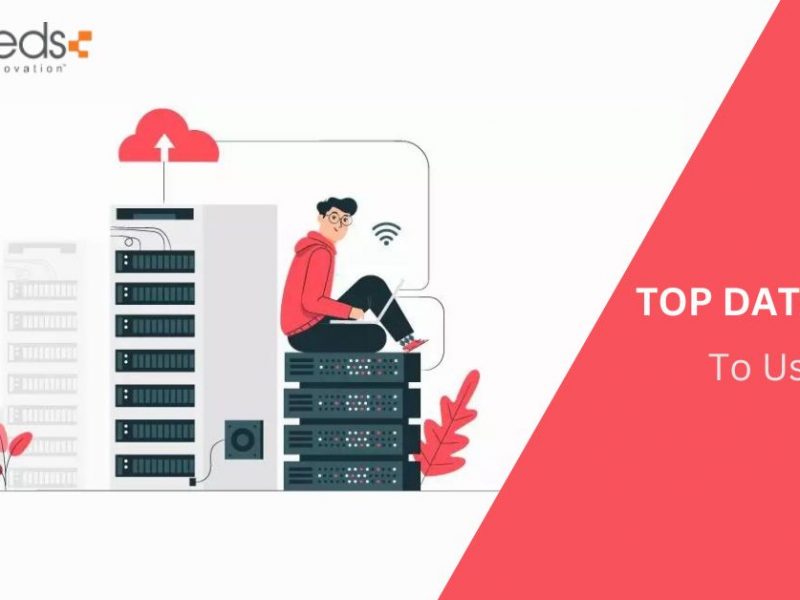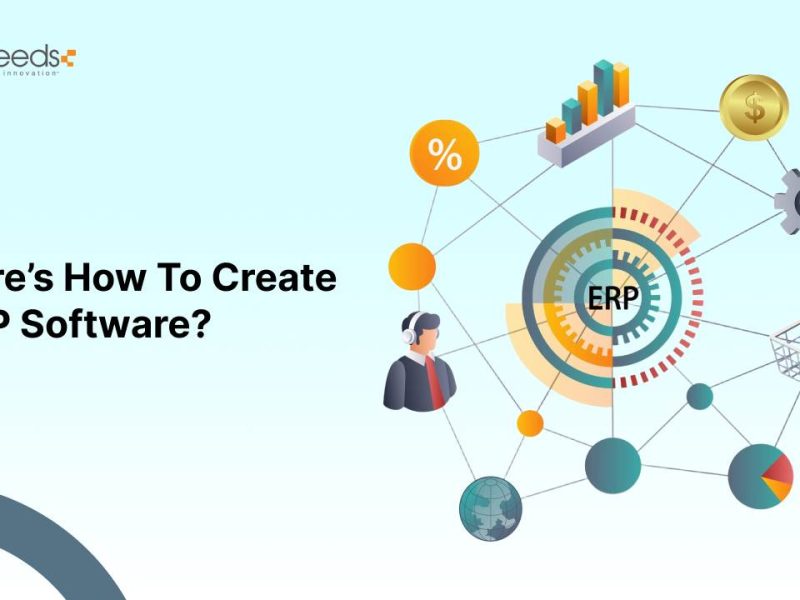If you are on this page, you are trying to break past the traditional, uninspiring learning norms. A cycle of endless struggles, with learners wracking their nerves to get the key points.Sticking with dull books that bore learners. Going through the same notes and guides repeatedly to grasp the concepts. Thanks to the tech revolution, these stereotypes have been broken.
Now is the era where you innovate to educate. In today’s realm, where the industry is shifting towards remote work, you need impactful and meaningful means to educate your employees and develop the understanding of new hires. The same goes for the students seeking innovative ways to decode tricky concepts.
This guide focuses on learning tech for organizations, as they can’t strive without leveraging intuitive user-centric learning tools. Choosing the right platform significantly impacts your business development and learning. This is where the debate between Learning Experience Platforms and Learning Management Systems comes in. These days, LXP vs. LMS is a heated debate. Both offer extensive learning experiences; thus, deciding between them is not as easy as rolling dice.
LXP vs LMS: Understanding The Differences
You must have heard of learning management systems (LMS), which date back a long way, but the learning realm has recently seen a shift toward Learning Experience Platforms (LXP). Let’s set these two apart so you can get started on the right note.
The Learning Revolution: LXP vs. LMS
Education is no longer about cramming static information into learners’ minds but about delivering interactive and engaging experiences. That’s why choosing between LMS and LXP solutions is important for organizations looking to level up their training programs.
LMS: Built on a structured, top-down approach, LMS platforms provide a centralized way to manage training courses. They focus on compliance, certifications, and offering a set curriculum for learners to follow.
It revolves around formal learning courses to readily administer, track, and assess learners’ progress. The top LMS platforms that drive optimal learning experiences are Braincert, Absorb, TalentLMS, and Canvas LMS.
LXP: These systems are designed to put learners in the driver’s seat, offering personalized learning paths. It emphasizes user-generated content and social interaction, which boosts learner engagement.
LXPs use AI to provide recommendations and aggregate on-demand content to nurture individualized learning experiences. Docebo, GoSkills and Degreed are the top in the LXP game.
Now, let’s delve into the essence of this guide, the LXP vs LMS debate.
LXP vs. LMS: A Breakthrough Analysis
Selecting the optimal learning software for your organization can be a minefield. Where the right choice can elevate your team’s learning experience while boosting business ROI, a wrong choice can bring disastrous results. So, let’s thoroughly examine both learning models so you can make an informed decision.
Striking Features of Intuitive Learning Modes: LMS vs. LXP
Content Management and Delivery
- LMS: These learning virtuosos centralize content storage, offering easily accessible and manageable programs. LMS systems support SCORM-compliant course creation to deliver standardized, structured content aligned with organizational goals. It is typically pre-defined and fixed, making LMSs ideal for compliance and regulatory training.
- LXP: Conversely, LXPs offer a more dynamic content delivery system that aggregates user-centric material. LXPs rely on AI to suggest personalized content based on learner preferences and goals, promoting a diversified, flexible, and customized learning experience.
2. Skills Development
- LMS: These systems focus on structured skill development through predefined courses, assessments, and certifications. LMS platforms track learners’ progress through formal learning paths, ensuring employee growth and development goals are met and aligned with compliance requirements.
- LXP: However, LXPs emphasize continuous skill development through personalized content recommendations. Learners receive AI-driven recommendations to lessen the skill gaps and career goals, allowing for a more adaptive learning process that evolves with their needs.
3. User Experience and Interface
- LMS: The interface of LMS solutions prioritizes administrative tasks such as course management and reporting, often at the cost of learner engagement. Navigation is typically linear, guiding users through predefined learning paths and cultivating trackable learning experiences.
- LXP: On the contrary, LXP interfaces are built with the learner’s preferences in mind and thus are more intuitive, with visually appealing layouts. Non-linear navigation, social learning features, and gamification enhance engagement, creating a flexible and interactive learning journey.
- LMS: LMS platforms like Braincert usually offer basic interaction functionalities like discussion boards but focus primarily on formal learning. Peer-to-peer interaction is limited, with a top-down approach from instructors.
- LXP: On the other hand, LXP systems excel in fostering social learning through discussion threads, peer reviews, and collaborative projects. LXPs deliver a community-based learning environment where your team can share knowledge and recommend content to peers.
5. Analytics and Reporting
- LMS: Known for robust reporting capabilities, LMS platforms excel in tracking compliance and formal learning activities such as course completion and test scores. This makes them ideal for industries with strict regulatory requirements.
- LXP: In contrast, LXP analytics fuels learner engagement while emphasizing content interaction and social learning metrics. They provide valuable insights into the effectiveness of materials and learner preferences for building a more holistic learning approach.
6. Target Audience
- LMS: LMS programs are suitable for well-structured organizations seeking formal training and development programs to cultivate a static learning experience. They best suit compliance-heavy industries like healthcare, finance, and manufacturing.
- LXP: Contrastingly, LXps are ideal for businesses focusing on continuous learning, upskilling, and reskilling. They are particularly beneficial in tech-intensive sectors like IT, designing, and modeling, where staying ahead of technology is imperative. Freelancers, especially graphic designers, prefer LXP for continuous growth.
The Organizational Benefits: LXP vs LMS
Choosing between LXP and LMS comes down to your organization’s goals. You must balance your organizational learning requirements and the company culture. Here’s how each can provide value:
- LMS for Compliance and Structure: LMS is ideal for industries where certification, compliance, and structured learning paths are crucial. It effectively monitors employee progress and administers exceptional data analysis capabilities to pinpoint gaps in employee training and development. It is a top-down approach.
- LXP for Engagement and Growth: Large organizations have complex learning requirements for employee engagement, professional development, department-wise employee training, and collaborative learning. For these diversified needs, LXP emerges as a source of continuous learning content to boost social learning and mitigate the skills gap. It is a bottom-up approach.
LXP vs LMS: Which Software Does Your Organization Need?
Learning must be dynamic, engaging, and personalized to make an impact. Your business’s future lies in creating user-centered learning experiences that truly resonate with employee needs. This LXP vs. LMS guide illustrates a clear path forward by delving into the invaluable insights and structural differences of the two indispensable learning methodologies.
A learning tech marvel is necessary to shrink the skills gap and improve your business by enhancing employee productivity. Opt for LMS platforms like Braincert if you emphasize employee growth on the organizational level and LXP like Docebo to foster a culture where employees get personalized training to step beyond set organizational boundaries.
Embrace the user-centric learning revolution today and watch your organization thrive.



Naveen Khanna is the CEO of eBizneeds, a company renowned for its bespoke web and mobile app development. By delivering high-end modern solutions all over the globe, Naveen takes pleasure in sharing his rich experiences and views on emerging technological trends. He has worked in many domains, from education, entertainment, banking, manufacturing, healthcare, and real estate, sharing rich experience in delivering innovative solutions.


